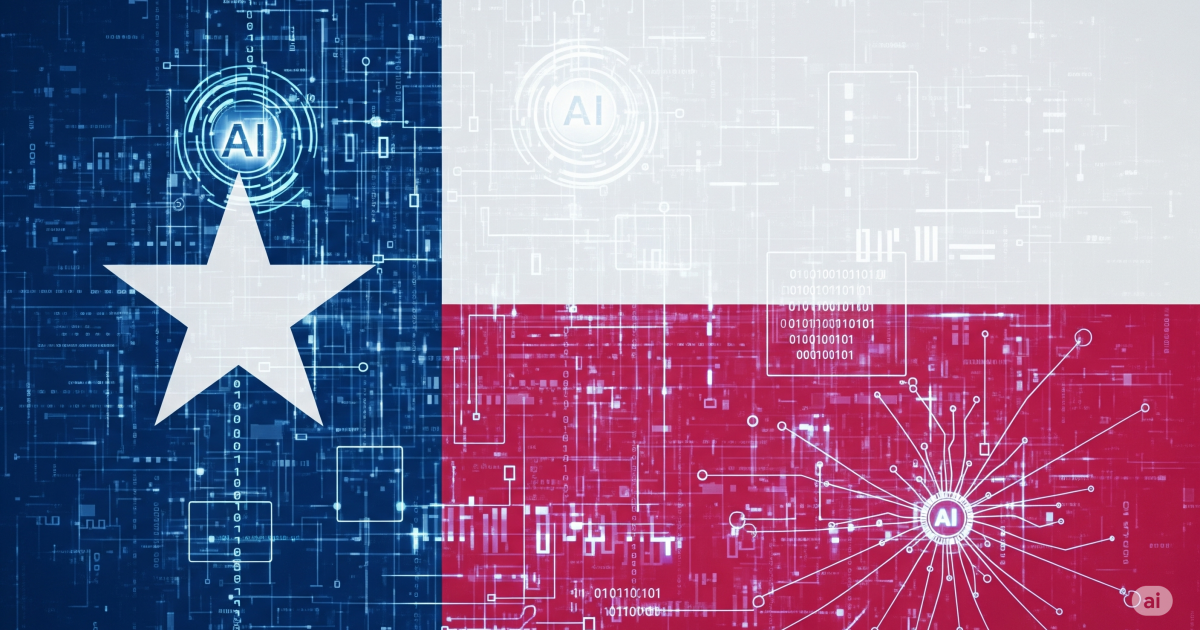
Wind River today revealed a waterfall of new features available designed to automate and accelerate DevSecOps and other “pipelines” across the lifecycle of intelligent systems.
The latest release of their platform is focused on transformational automation technologies, including a customizable automation engine, digital feedback loop, enhanced security, and analytics with machine learning capabilities.
The announcement also included industry-proven technologies from ecosystem partners to the Wind River Studio Marketplace, which makes solutions available that are developed and delivered on the Wind River Studio “cloud-native platform for the development, deployment, operations, and servicing of mission-critical intelligent systems from devices to cloud.”
The company claims the platform “enables dramatic improvements in productivity, agility, and time-to-market, with seamless technology integration that includes far edge cloud compute, data analytics, security, 5G, and AI/ML.”
“The next generation of cloud-connected intelligent systems require the right software infrastructure to securely capture and process real-time machine data with digital feedback from a multitude of embedded systems, enabling advanced automated and autonomous scenarios,” said Kevin Dallas, president, and CEO, Wind River. “Wind River Studio delivers a flexible and collaborative platform that addresses the dynamic automation needs surrounding the intelligent systems of the future, providing a complete lifecycle experience adapted for a cloud-native environment.”
The growth of 5G and sophisticated AI applications, the emergence of more intelligent systems, and autonomous systems deliver on the promise of IoT. It is estimated that AI, robotics, and automation will drive 70% of GDP growth between now and 2030 globally, according to a Forbes/Wind River study, “Characteristics of Intelligent Systems,” 2021.
The company listed as use cases “enhanced automation capabilities to help drive velocity for software teams building connected, intelligent systems, such as airborne delivery drones, autonomous vehicles, factory robots.”
New capabilities in Wind River Studio span the four phases of an intelligent system’s lifecycle and include the following:
Development
-Pipeline manager visual tool to define, monitor, and execute complex software automation pipelines enabling continuous integration and continuous delivery of collaborative projects for VxWorks® and Wind River Linux, with the ability to build each in less than five minutes
-Digital twin creation and synchronization to model resources, devices, and entire systems in cyberspace for verification and operation with capabilities such as high-fidelity simulation using Wind River Simics®, quick emulation using QEMU, and simulation
-DevSecOps capabilities enabling modern software development deployable on Amazon Web Services and Microsoft Azure
Deployment
-A modern cloud platform updated with new 5G vRAN accelerator support and GPU enabled for AI-on-5G and augmented reality application support
-Application orchestration to deploy, configure and manage the lifecycle of complex applications onto target devices or cloud infrastructure, spanning private and public cloud environments including Amazon Web Services, Microsoft Azure, Google Cloud, and the Studio cloud platform
-Automation capabilities for the management and deployment of cloud infrastructure
-CI/CD and DevSecOps enabling infrastructure as code for deployment and lifecycle management of infrastructure and applications
Operation
-A digital feedback loop to unlock the value of data from the operating system, application, infrastructure, system, or device to increase the ability to make improvements and rapidly address problems
-Analytics powered by the digital feedback loop for real-time analysis, reporting, and alerting of infrastructure and application performance, as well as integration with back end big data systems
-Operations automation to reduce OPEX and enable the operation of complex distributed intelligent systems
-Infrastructure management capabilities to enable automated day to day maintenance of virtualized infrastructure and systems
Services
-Enablement Services for network setup, configuration, installation, and testing of Studio into Amazon Web Services or Microsoft Azure
-Acceleration Services providing analysis and migration of legacy workflows to modern DevSecOps, with expert level training and integration of advanced tools
-Transformation Services providing managed services, security, certification, and machine learning practices, as well as application-specific solutions
-Concierge Services also available for select customers to accelerate onboarding from the Enablement, Acceleration, and Transformation services
Ecosystem updates include static and dynamic analysis from LDRA that automates coding standards compliance, software quality analysis, and source code coverage analysis on the host and target, delivering a single work environment to conduct safety and security-critical analysis and verification tasks throughout the DevOps software lifecycle; Software Composition Analysis from Revenera to securely manage the use of open-source components by providing a complete Software Bill of Materials for more transparency in the software supply chain and continuous monitoring of open-source license compliance and vulnerabilities, as well as supporting steps for remediation; and Coverity static code analysis solution from Synopsys to help development and security teams address security and quality defects early in the software development lifecycle.
Arti Loftus is an experienced Information Technology specialist with a demonstrated history of working in the research, writing, and editing industry with many published articles under her belt.
Edited by
Luke Bellos





